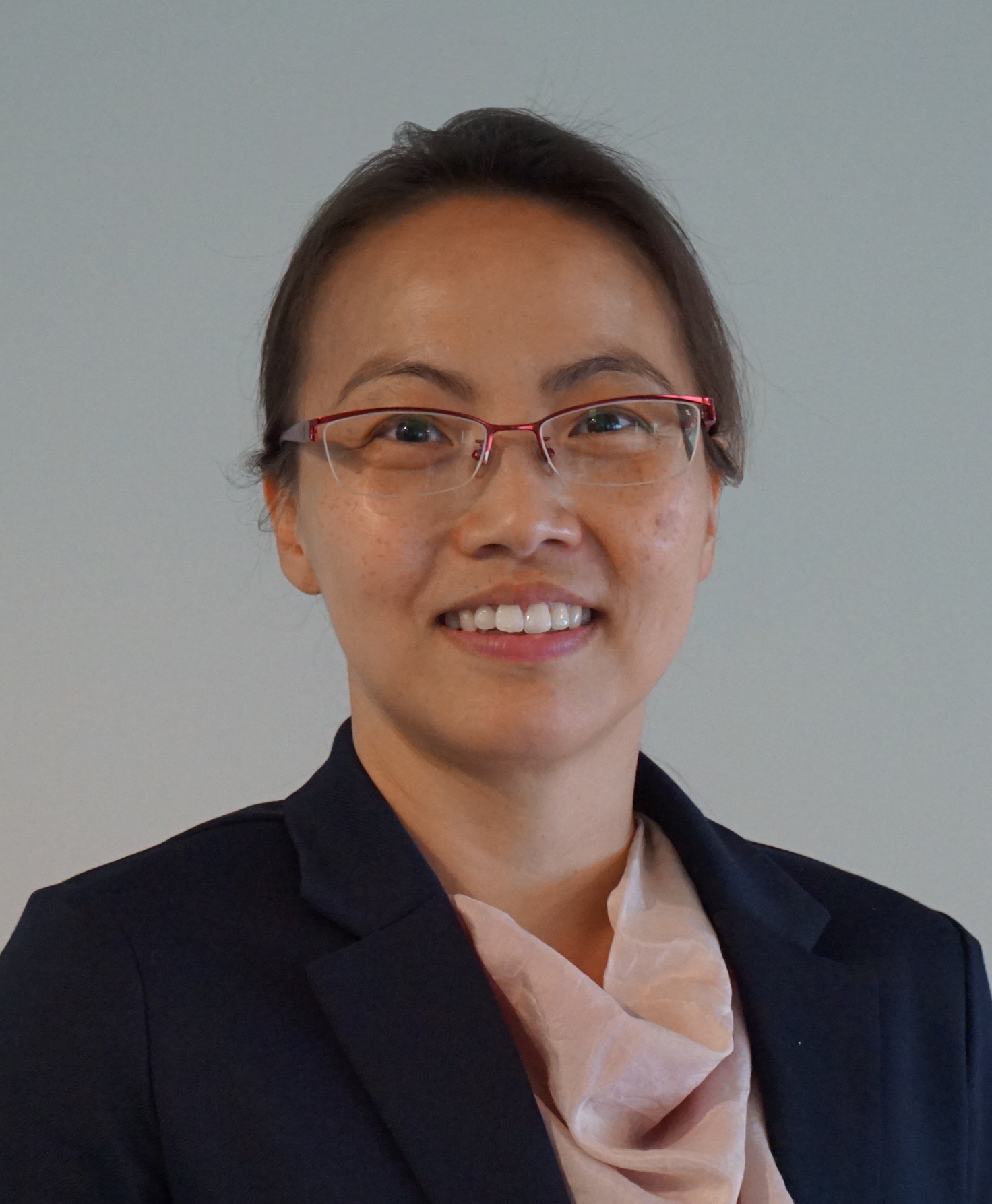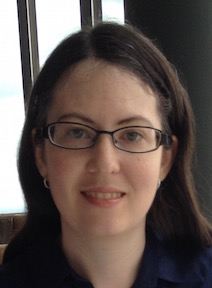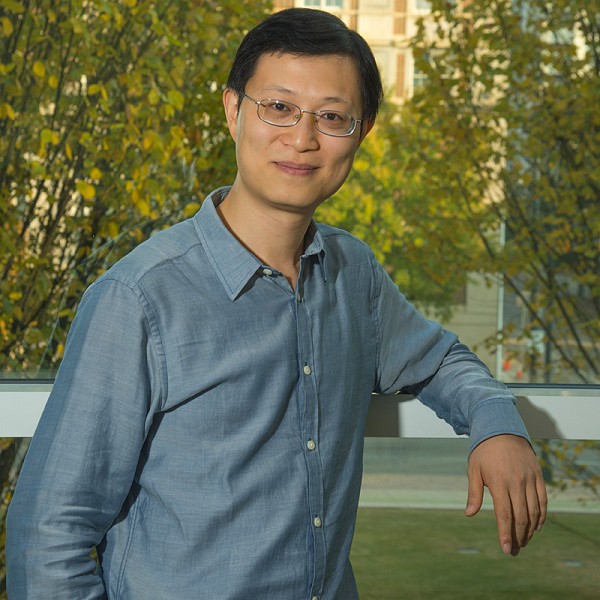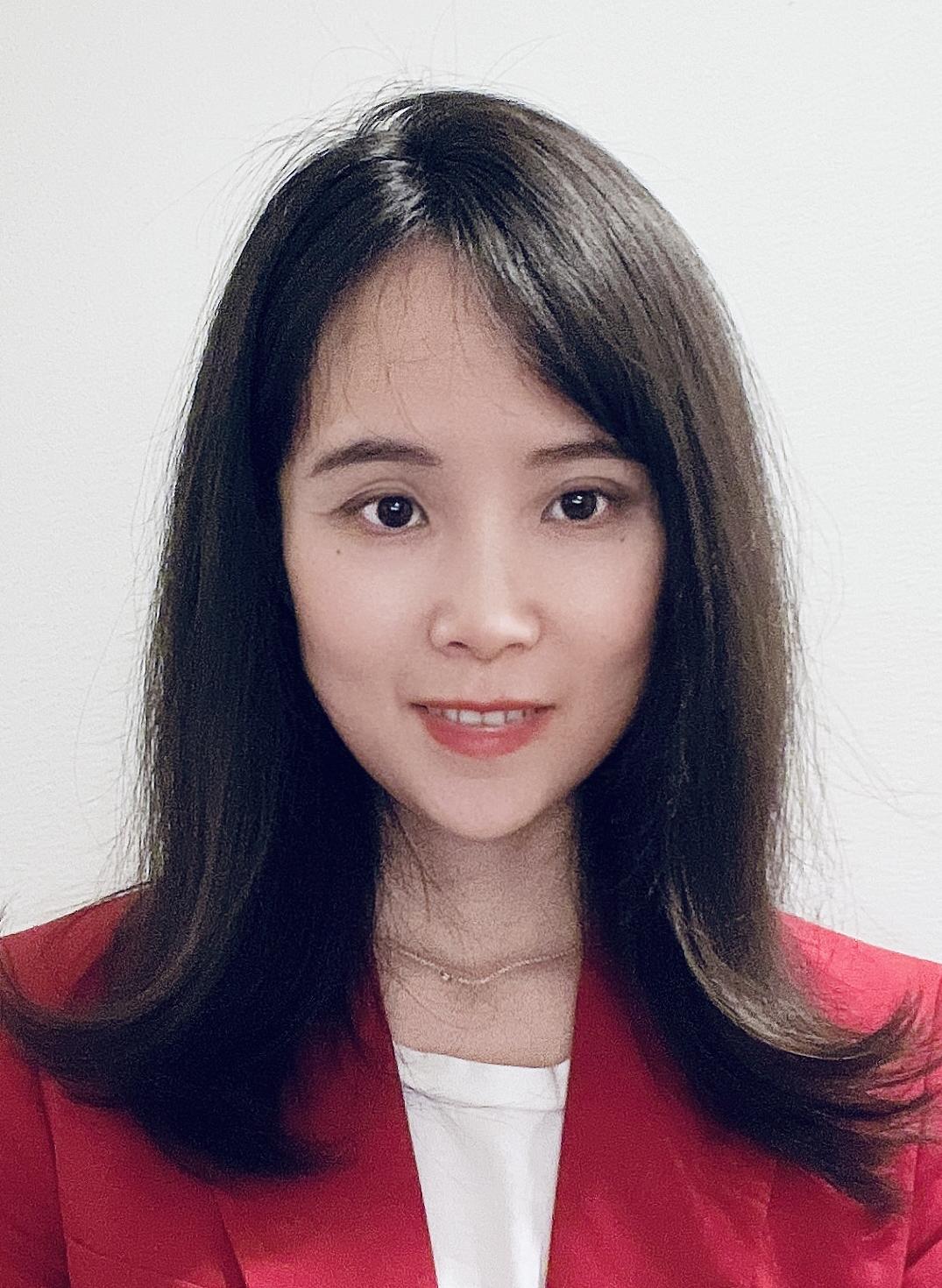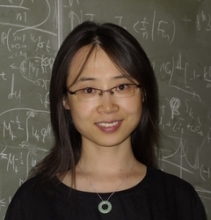Vivek Sarkar

Vivek Sarkar is Chair of the School of Computer Science at Georgia Tech, where he is also the Stephen Fleming Chair for Telecommunications in the College of Computing. He conducts research in multiple aspects of parallel computing software including programming languages, compilers, runtime systems, and debuggers for parallel, heterogeneous and high-performance computer systems. Prof. Sarkar currently leads the Habanero Extreme Scale Software Research Laboratory at Georgia Tech, and is co-director of the Center for Research into Novel Computing Hierarchies (CRNCH). He is also the instructor for a 3-course online specialization on Parallel, Concurrent, and Distributed Programming hosted on Coursera.
Prior to joining Georgia Tech in 2017, Prof. Sarkar was the E.D. Butcher Chair in Engineering at Rice University, where he created the Habanero Lab, served as Chair of the Department of Computer Science during 2013–2016, and created a sophomore-level undergraduate course on Fundamentals of Parallel Programming. Before joining Rice in 2007, Sarkar was Senior Manager of Programming Technologies at IBM Research. His research projects at IBM included the X10 programming language, the Jikes Research Virtual Machine for the Java language, the ASTI optimizer used in IBM’s XL Fortran product compilers, and the PTRAN automatic parallelization system. Sarkar became a member of the IBM Academy of Technology in 1995, and was inducted as an ACM Fellow in 2008. He has been serving as a member of the US Department of Energy’s Advanced Scientific Computing Advisory Committee (ASCAC) since 2009, and on CRA’s Board of Directors since 2015.


